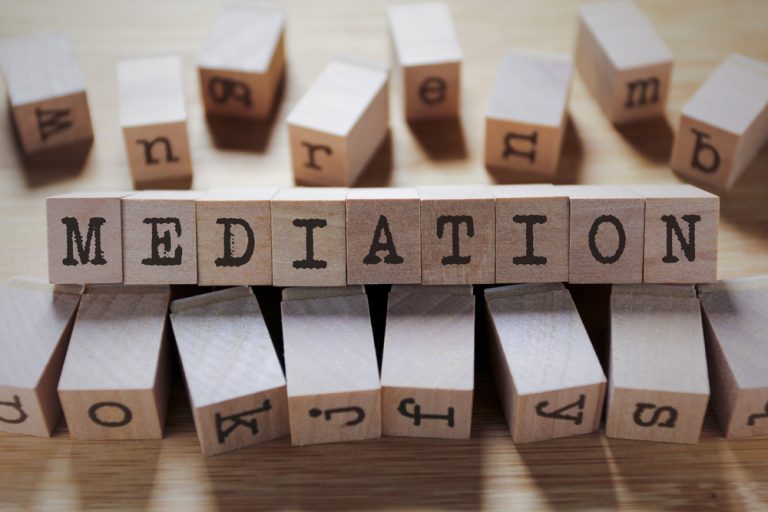Did you know that you do not need to hire separate lawyers and fight it out in court? Divorce mediation often costs less, takes less time, and results in settlement outcomes that honor the needs and wishes of all parties involved.
So, why is this seemingly better alternative rarely mentioned or advertised? Lawyers and legal services can charge significantly more for traditional divorce litigation. Traditional litigation involves extensive case preparation, court fees, and ongoing legal support that can quickly snowball into the tens of thousands or more.
Despite the common misconception that traditional litigation is the only option available, you have options. One of the best alternatives, compromise-focused divorce mediation is managed in a few collaborative sessions without the need to step foot inside a courtroom. With the help of our neutral, third-party mediator, you and your spouse work together to draft a 100% legal divorce agreement that addresses topics such as the division of assets, child custody, and all other pertinent details.
Once both parties agree to the details of the settlement, our divorce mediator handles all paperwork submission to the courts for documentation approval. Instead of spending months or years in court, the entire divorce process is streamlined, with average time frames ranging from a few weeks for simple cases to a few months if the details are more complex.
With this overview in mind, what other reasons should you consider divorce mediation over litigation? Take a look at these common benefits and gain the knowledge you need to make an informed decision that’s best for you and your family.
Retain Control Over Divorce Outcomes With Mediation
Since the settlement details are agreed upon outside of court, both parties are often more satisfied with the outcomes and are more likely to comply with the agreement. Unlike traditional litigation processes which are generally combative and can lead to unfavorable or surprising judge verdicts. Instead of leaving the decisions about financial stability, family dynamics, and other quality-of-life outcomes up to an outsider’s judgment, choose mediation instead and retain control throughout the entire process.
Reduce Emotional Stress & Family Strain
Fighting rarely leads to healthier emotional outcomes and restored family dynamics. Even if you and your spouse do not agree on every detail and the mediation process may be uncomfortable, a willingness to confront your partner and discuss fair terms can prevent a range of negative consequences that often accompany traditional litigation.
By taking action to face divorce decisions in a calm and constructive atmosphere, rather than going through separate lawyers, we can help you steer the discussions in a fact-based and solution-oriented manner that respects the needs and preferences of everyone involved. Ultimately, our goal is to facilitate a balanced agreement that leads to mutually beneficial fairness, an improved quality of life, and a healthier emotional dynamic for your family.
Begin the Next Chapter of Your Life on Stable Ground
Since divorce mediation costs less, takes less time, and commonly leads to better post-divorce outcomes, you are empowered to move past the turbulence of the divorce process. Instead of lingering in the tense courtrooms and uncertainty of the future with drawn-out litigation, divorce mediation allows you to begin the healing process sooner rather than later.
We specialize in expedited and organized mediation that paves the way to freedom from the stressors, costs, and time-consuming processes of traditional divorce. Instead of disrupting your financial stability or adding fuel to the fire of emotional turmoil, we hope to provide a beacon of clarity and empower your next steps with actionable insights and a straightforward plan of action.
Our 100% legal mediation services are applicable for both divorce and separation situations. To learn more about our comprehensive support and unbiased guidance, our consultations and insights are obligation-free. Get in touch with our experts at Long Island Divorce and we’ll walk you through our step-by-step divorce mediation process today.









